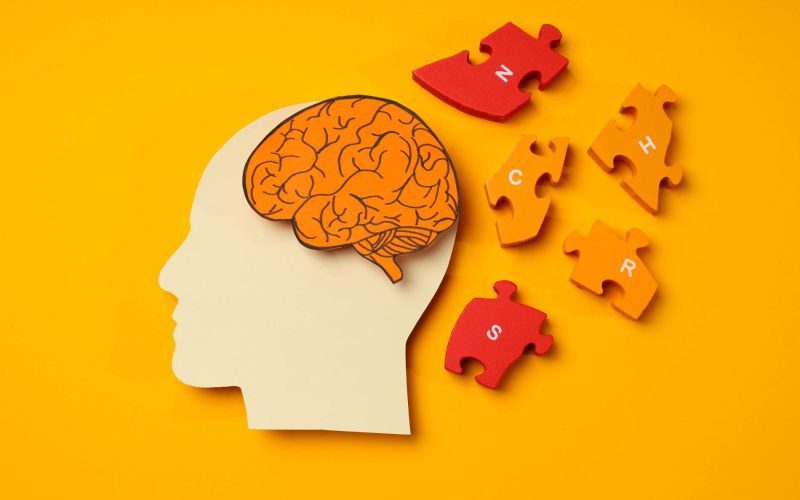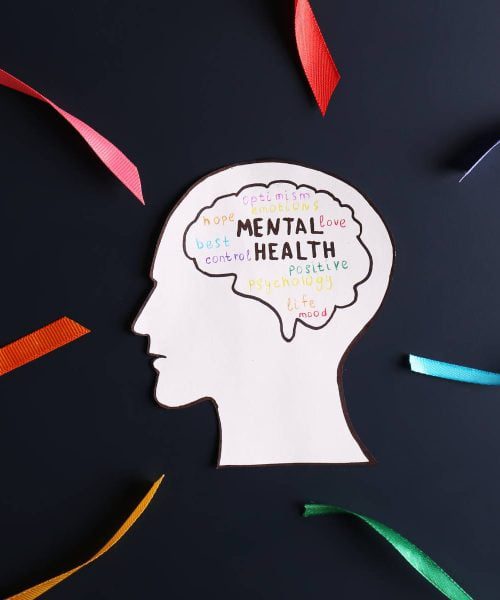Introduction
In today’s world, many individuals experience distressing events that can lead to psychological trauma. One common form of trauma is posttraumatic stress disorder (PTSD), which affects the brain and alters the individual’s brain chemistry. Coping abilities become compromised, resulting in a range of reactions to stressful situations. Unfortunately, traumatic experiences often go unnoticed, even by healthcare professionals, and their impact on emotional well-being can persist for a lifetime.
The Interplay of Physical and Psychological Trauma
Psychological trauma is often accompanied by physical trauma. The sources of trauma can vary, including sexual abuse, domestic violence, bullying, exposure to war, or being a victim of alcoholism. Prolonged experiences of verbal abuse, poverty, and other negative situations can also contribute to psychological trauma.
It’s important to note that individuals react differently to similar situations, and not everyone may experience trauma in the face of adversity. Resilience and the ability to adapt to different scenarios play a significant role. However, when trauma is experienced, individuals may go through a process of re-experiencing the traumatic event mentally or physically. Certain triggers can evoke intense emotions and prompt attempts to avoid or escape them. Some individuals may turn to unhealthy coping mechanisms, such as excessive alcohol consumption, to numb their feelings.
The Effects of Psychological Trauma
Psychological trauma can have profound effects on an individual’s physical and emotional well-being. The following are common manifestations of trauma:
- Nightmares and Flashbacks: Trauma can lead to vivid nightmares and intrusive memories, causing individuals to relive the traumatic event.
- Insomnia: Sleep disturbances are common among trauma victims, resulting in difficulties falling asleep or staying asleep.
- Repressed Memories: Some individuals may subconsciously bury traumatic memories as a coping mechanism, making them inaccessible to conscious recall.
- Emotional Detachment: Trauma can create emotional distance, causing individuals to detach from their own feelings or relationships with others.
- Dissociation: Individuals may experience a disconnection from reality or themselves, as if observing their own experiences from a distance.
- Self-Esteem Issues: Trauma can profoundly impact self-worth and lead to feelings of worthlessness or low self-esteem.
- Depression: Trauma survivors may be at an increased risk of developing depression, characterized by persistent sadness, loss of interest, and changes in appetite and sleep patterns.
Detecting and Addressing Psychological Trauma
Early detection of trauma is crucial to providing appropriate support and interventions. It’s important to recognize the signs and symptoms associated with trauma to initiate timely assistance. Research has also indicated a link between psychological stress and mental illness, further highlighting the significance of addressing trauma effectively.
Trauma affects an individual’s ability to adapt to normal stressors and maintain emotional balance, which is essential for healthy interactions with others. Trauma survivors often struggle to cope with the daily stresses brought by work, family, and social relationships.
Coping Mechanisms and Support
Recovering from psychological trauma requires a comprehensive approach that addresses both the emotional and physical aspects of healing. Here are some coping mechanisms and support strategies:
- Professional Help: Seeking assistance from mental health professionals trained in trauma therapy can provide valuable guidance and support.
- Psychotherapy: Therapeutic approaches such as cognitive-behavioral therapy (CBT), eye movement desensitization and reprocessing (EMDR), and dialectical behavior therapy (DBT) can aid in processing and healing trauma-related wounds.
- Supportive Relationships: Building a strong support network of understanding and empathetic individuals can provide comfort and validation during the healing process.
- Self-Care Practices: Engaging in self-care activities, such as regular exercise, mindfulness meditation, and creative outlets, can promote emotional well-being and reduce stress.
- Holistic Approaches: Exploring complementary therapies like yoga, acupuncture, and art therapy can supplement traditional treatment methods and enhance overall well-being.
Conclusion
In conclusion, psychological trauma has far-reaching effects on individuals’ lives, affecting both their physical and emotional well-being. It is crucial to understand the interplay of physical and psychological trauma and to detect the signs of trauma early on. By providing appropriate support and interventions, individuals can begin their healing journey and regain a sense of emotional balance. Through professional help, psychotherapy, supportive relationships, and self-care practices, trauma survivors can find solace, resilience, and renewed strength.







